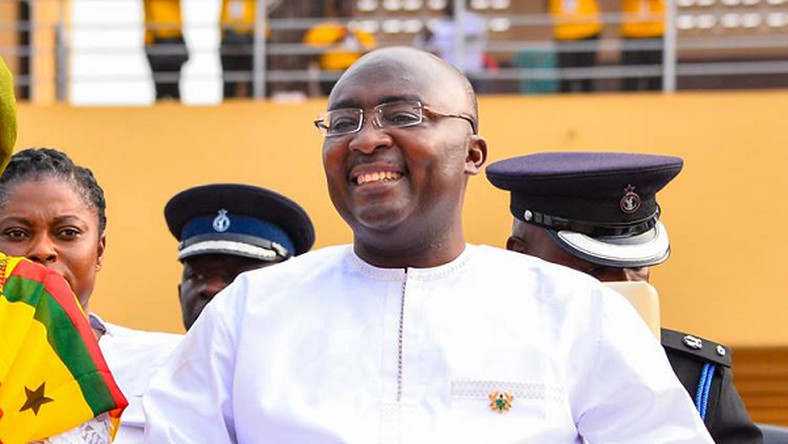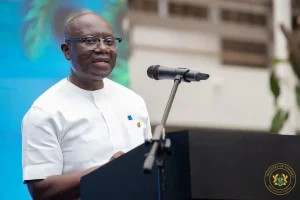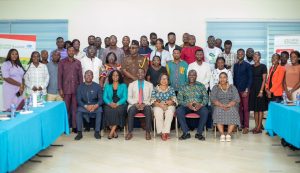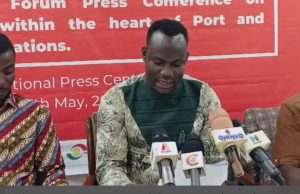The Office of the National Chief Imam (ONCI) says it has observed the changing pattern of politics in the Zongos ever since the Dr. Mahamadu Bawumia assumed office as Vice President.
In a Facebook post to express gratitude to Dr. Bawumia for his show of respect to the National Chief Imam for officially visiting him to inform him of his re-nomination as running mate, the Office of the National Chief Imam commended the Vice President for transforming politics in the Zongos to development based.
“The ONCI (Office of the National Chief Imam) wishes to acknowledge that it observes the changing pattern and nature of politics in the Zongo communities since Dr. Bawumia became the Vice President,” the Office of the National Chief Imam wrote on its its official Facebook post.
The Office further commended Dr. Bawumia for inspiring many development initiatives in Zongo communities, especially in the area of education.
“The Office of the National Chief Imam (ONCI) wishes to take this opportunity to express its gratitude to the Vice President and the President for some number of initiatives that the current administration took to uplift and raise the living standards of the Zongo community, part of which is the establishment of the Zongo Development Fund (ZDF), the acquisition of 40 scholarships specifically for residents of the Zongo to learn medicine and other science-related field in Cuba and the Government plans to make this program an annual exercise.”
In a direct caution to other political parties and leaders without policies whose sole aim is to exploit Zongo communities by attempting to woo them through the provision of sugar and rice, the Office of the National Chief Imam said Zongo communities of today are wide awake and are not interested in such politics.
“The Zongo communities of today (is) no longer interested in receiving bags of rice, sugar and some material things during festive sessions but rather scholarships, employment for its graduates, vocational skills for its drop-outs and entrepreneurship/empowerment training that will translate into development into Zongo communities.”









